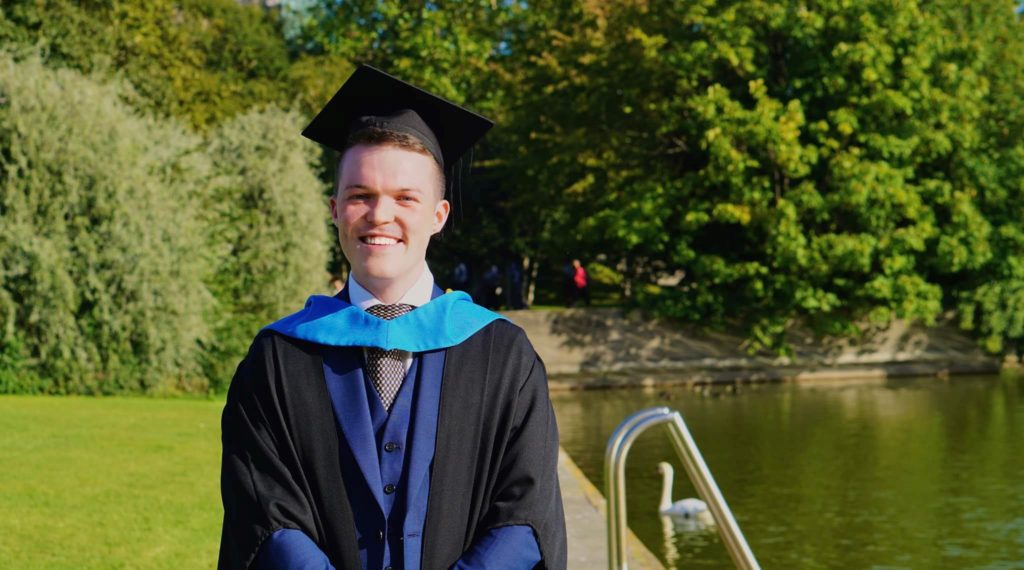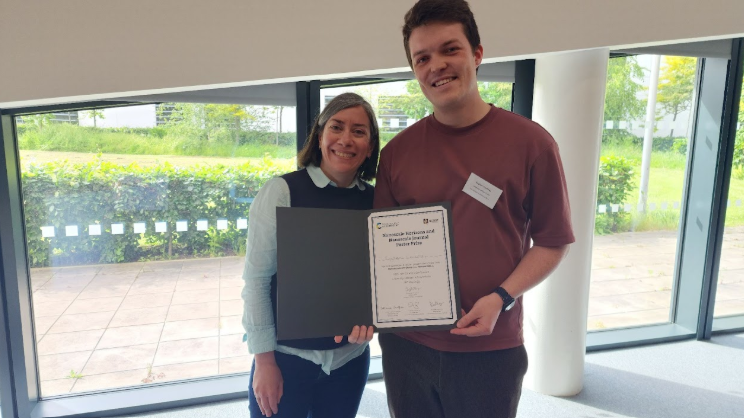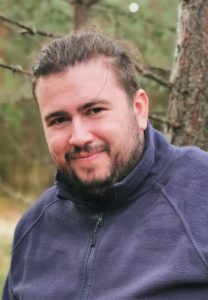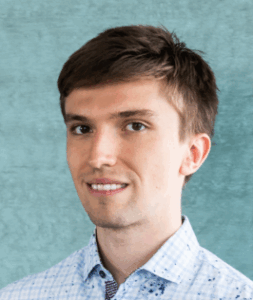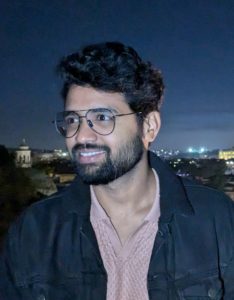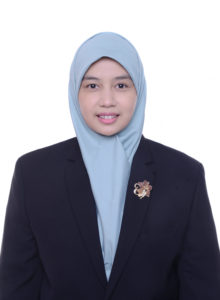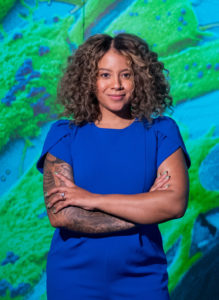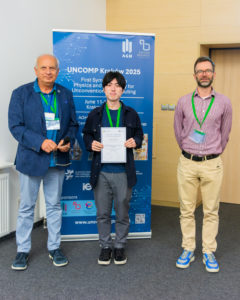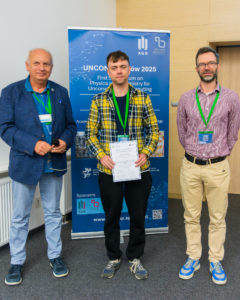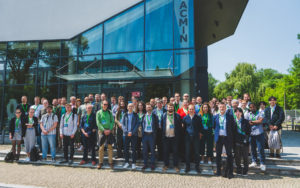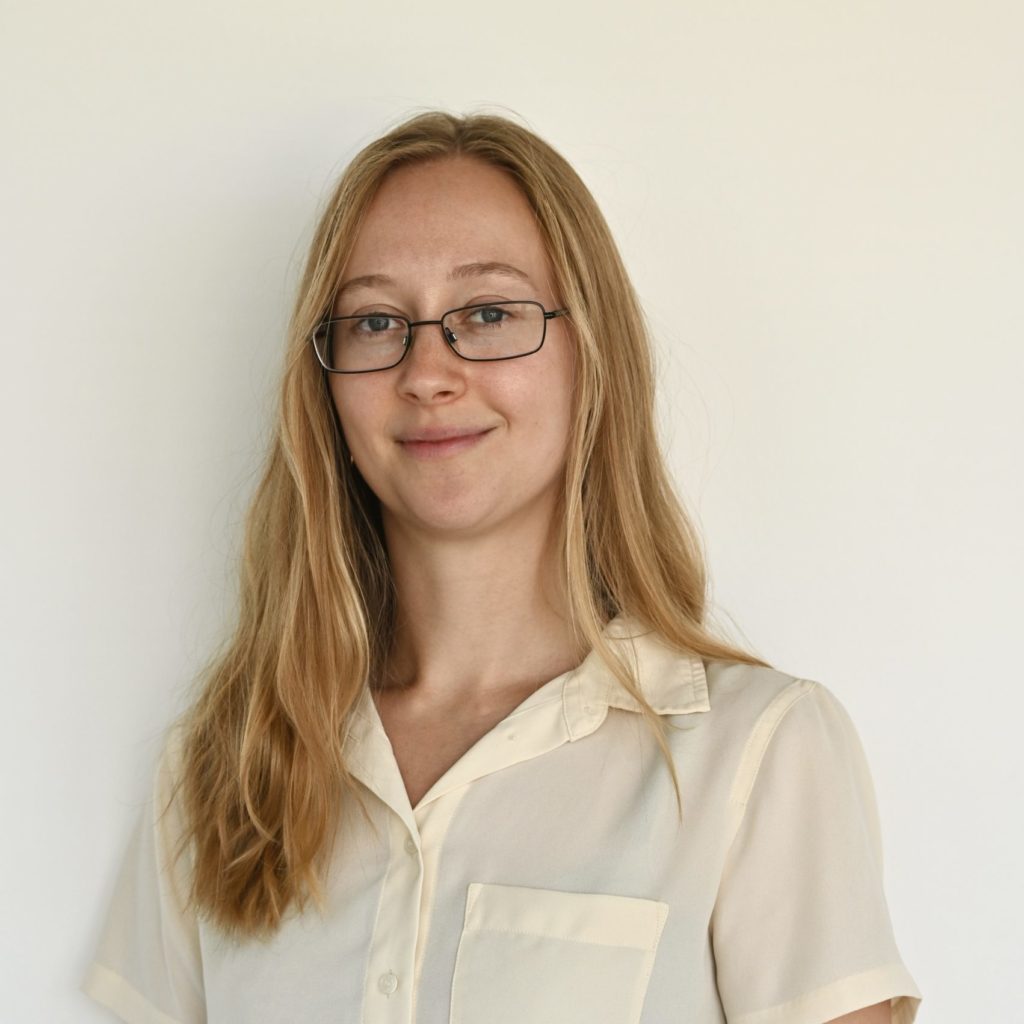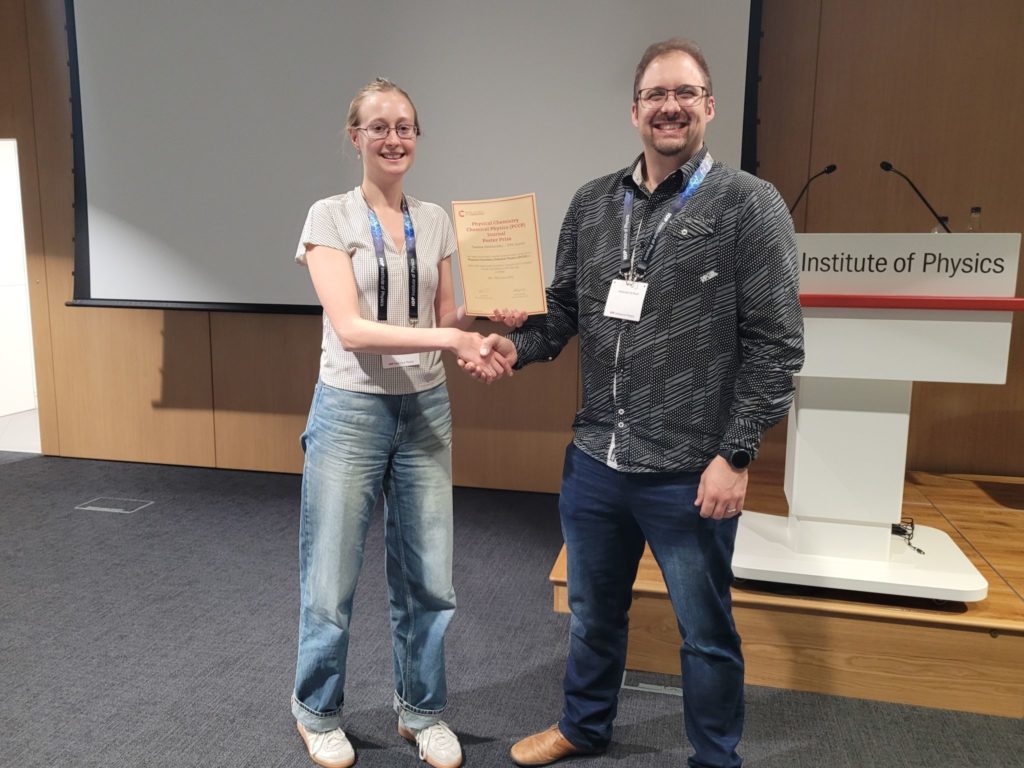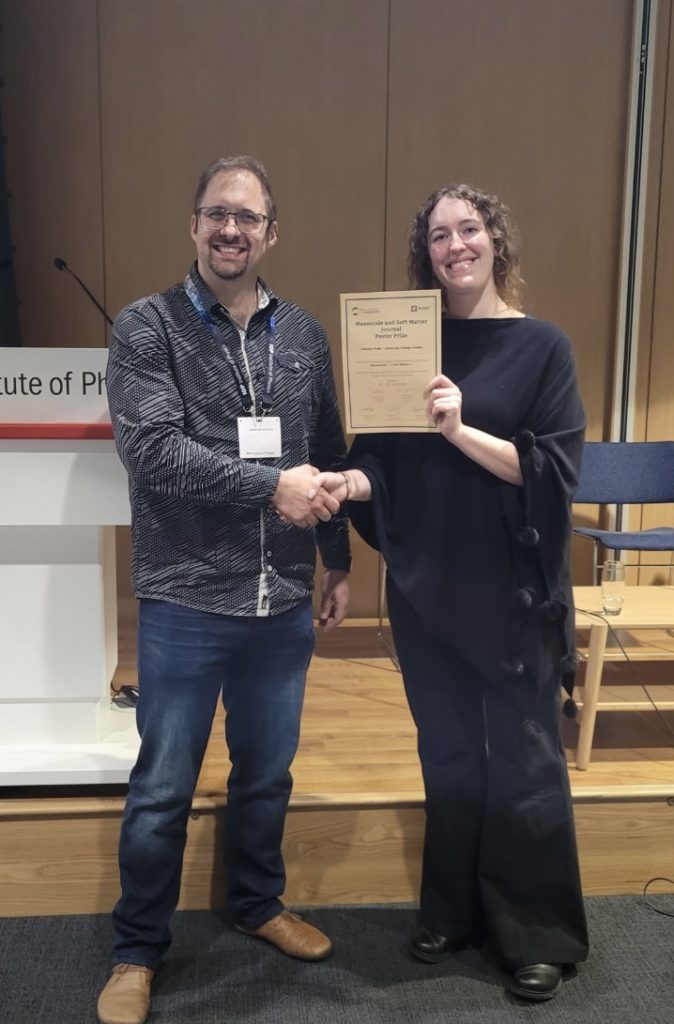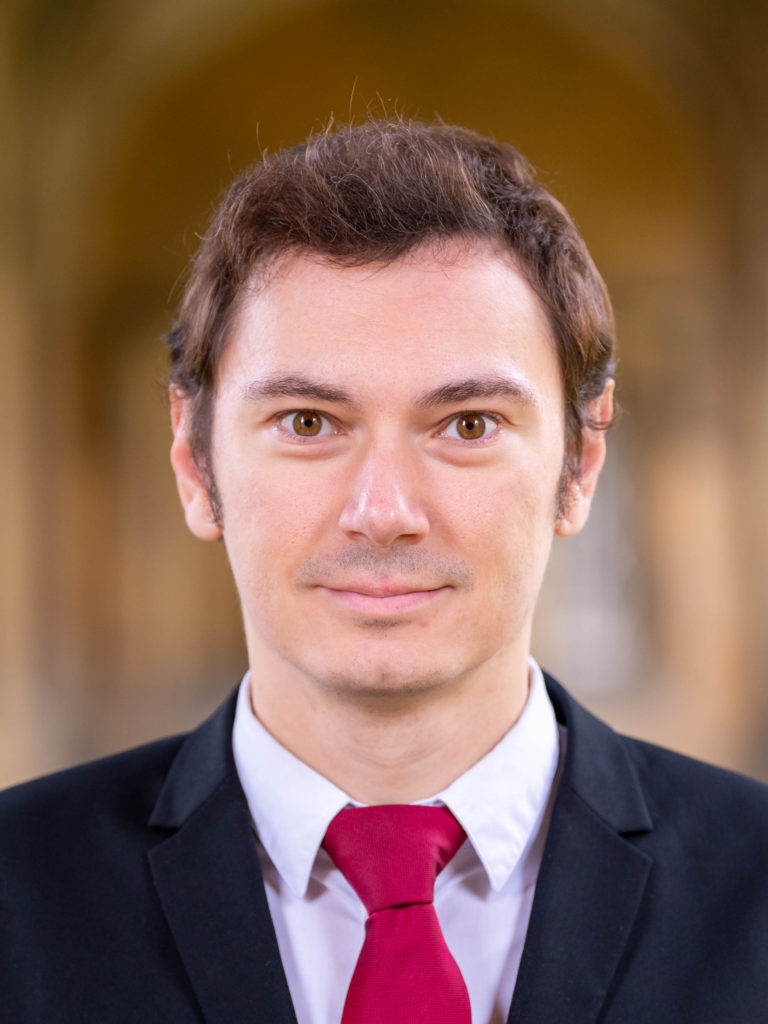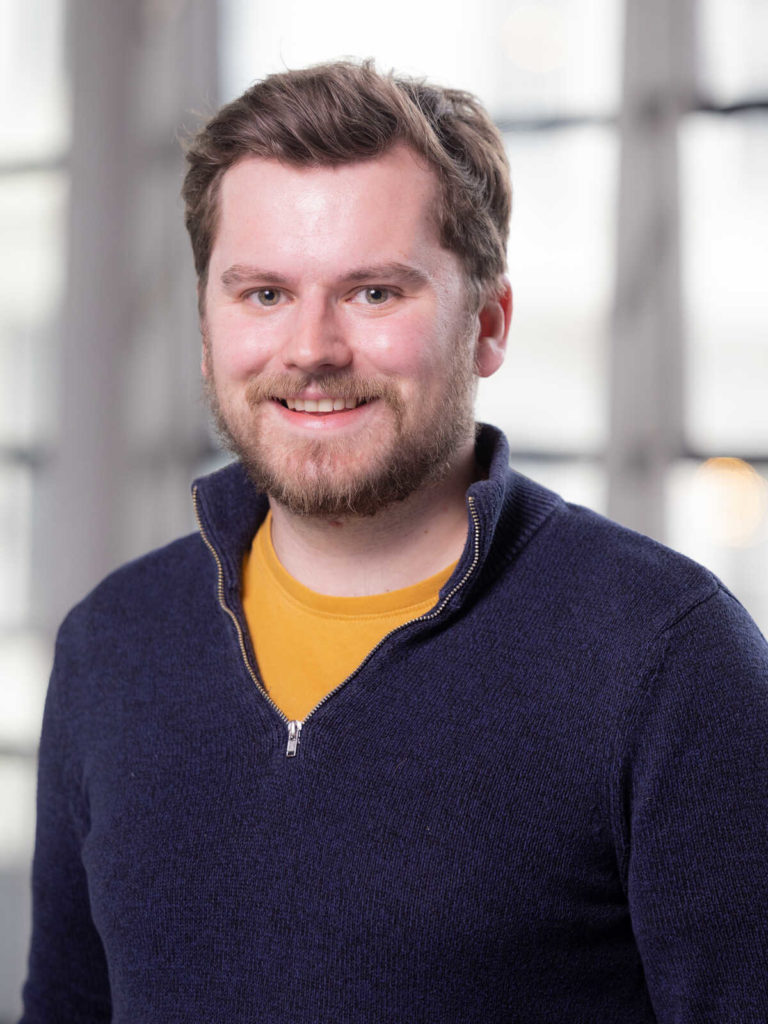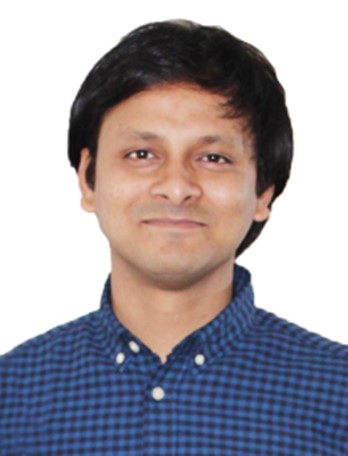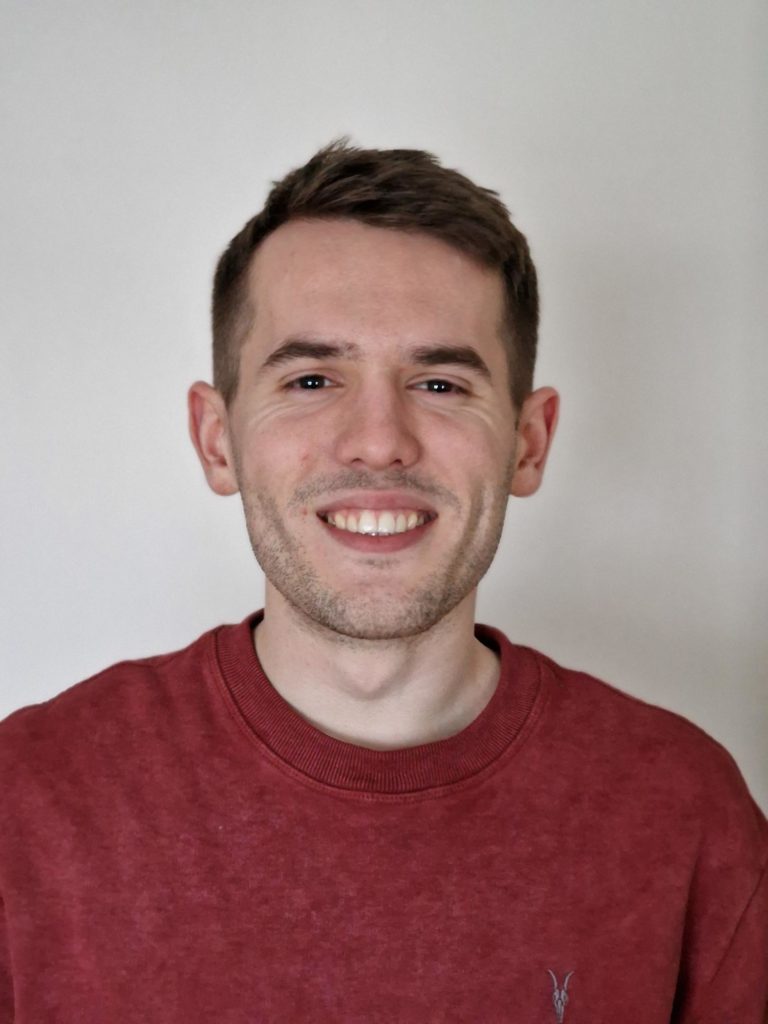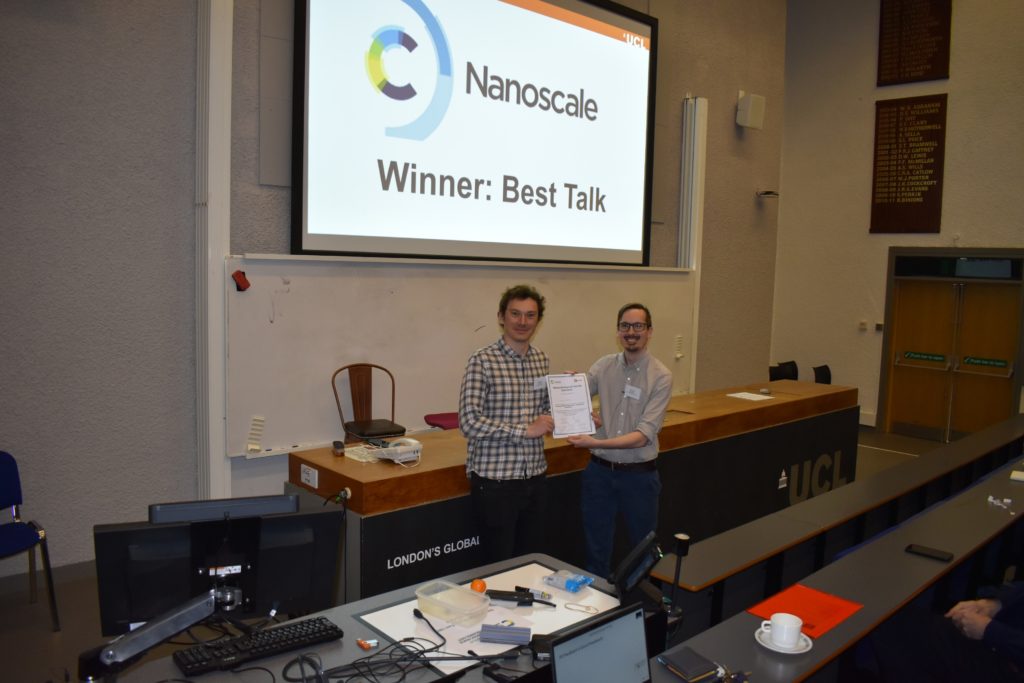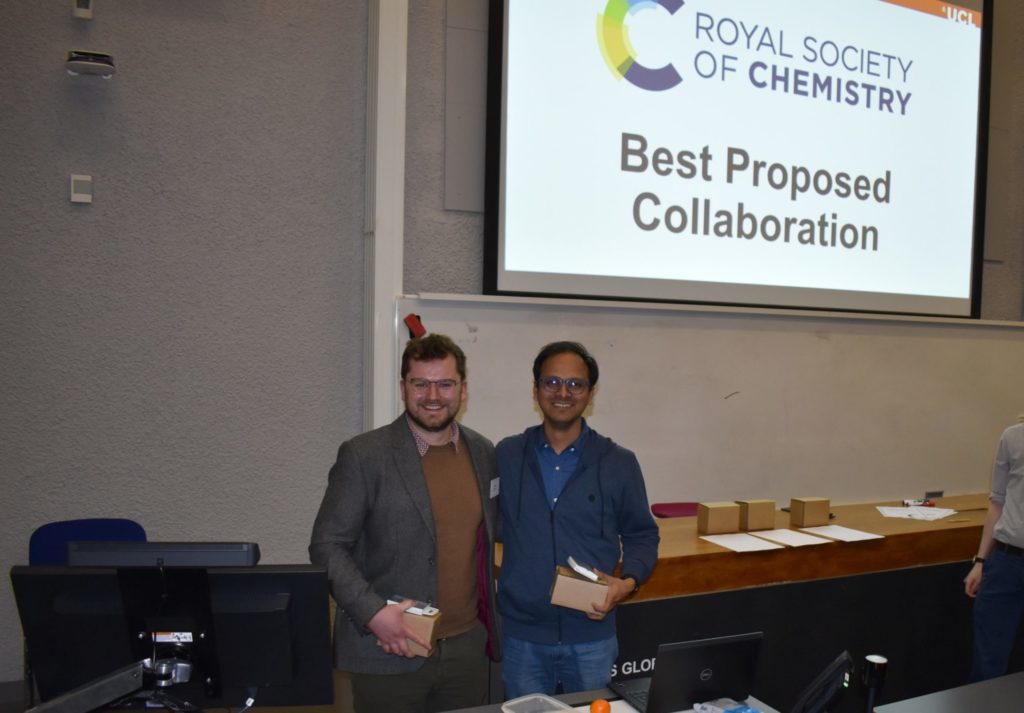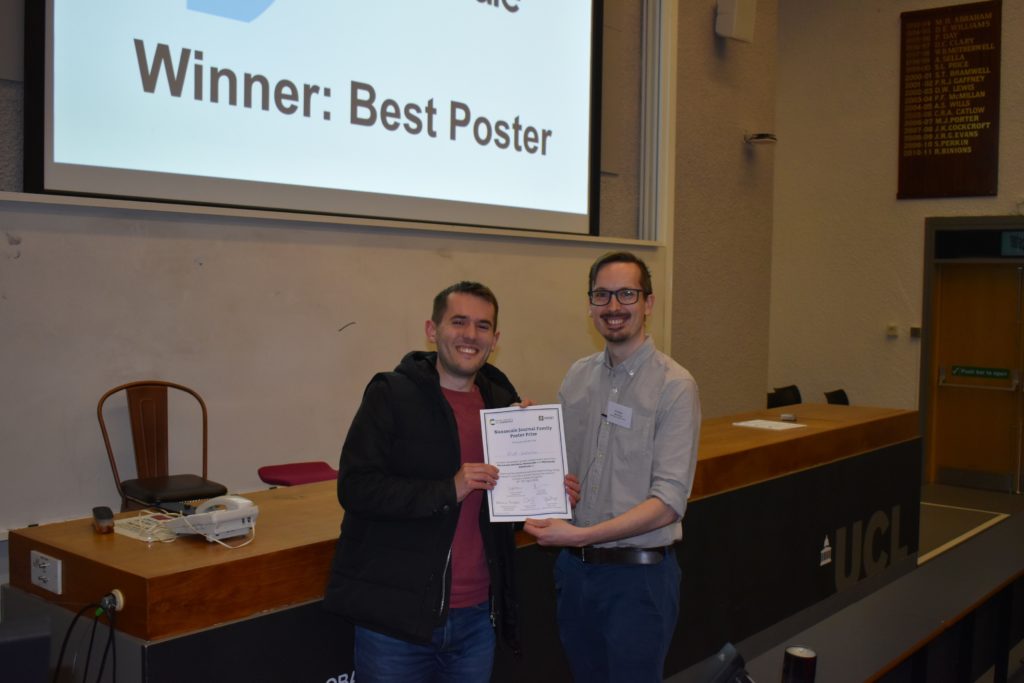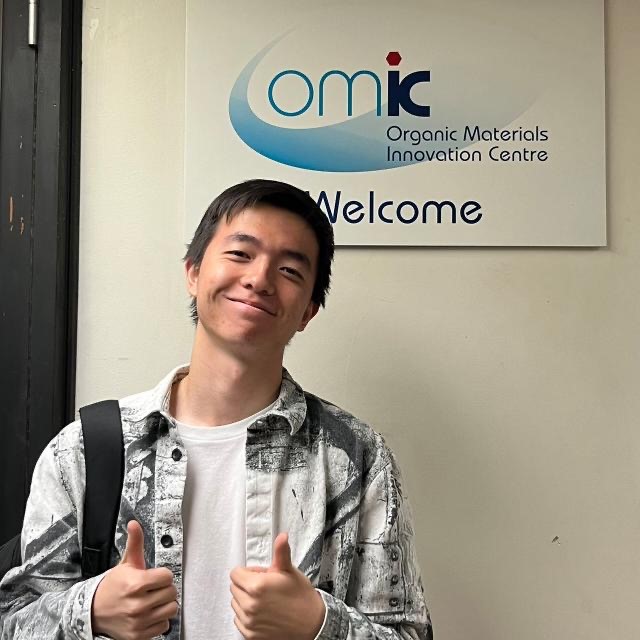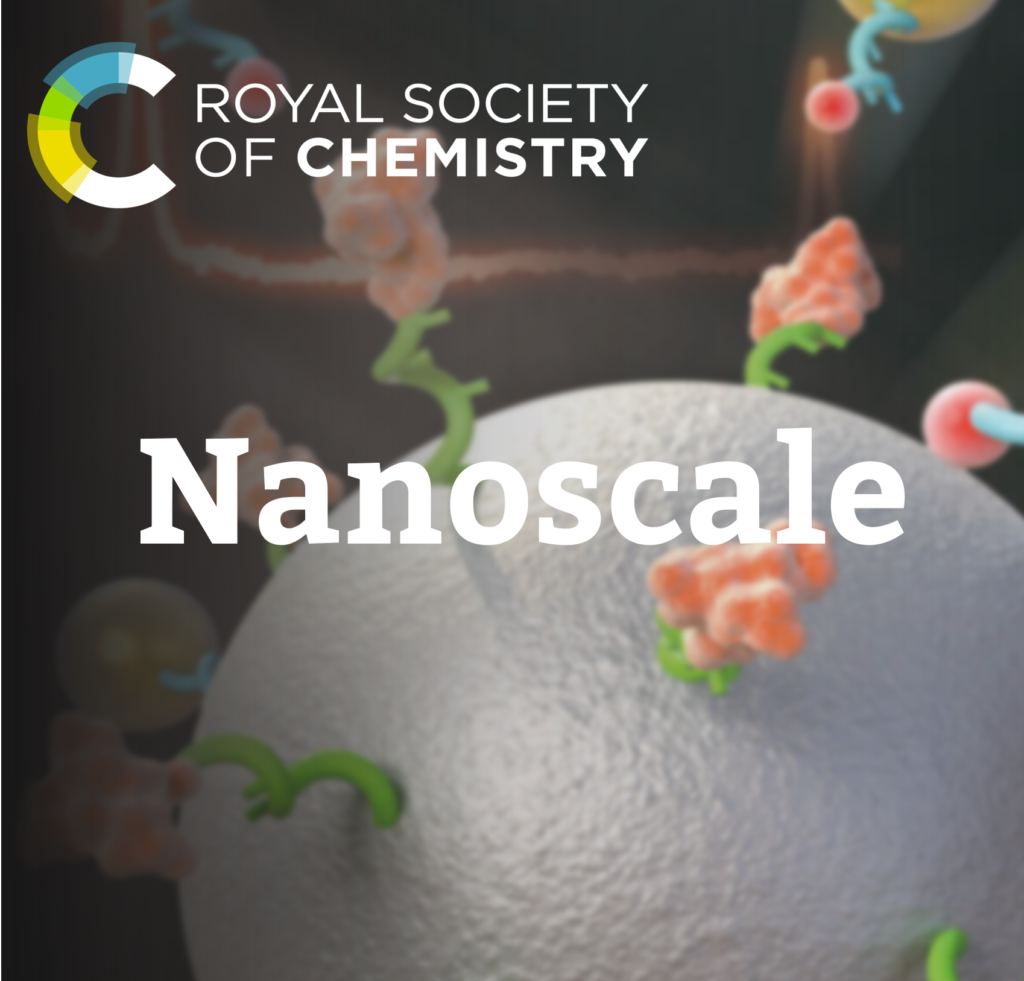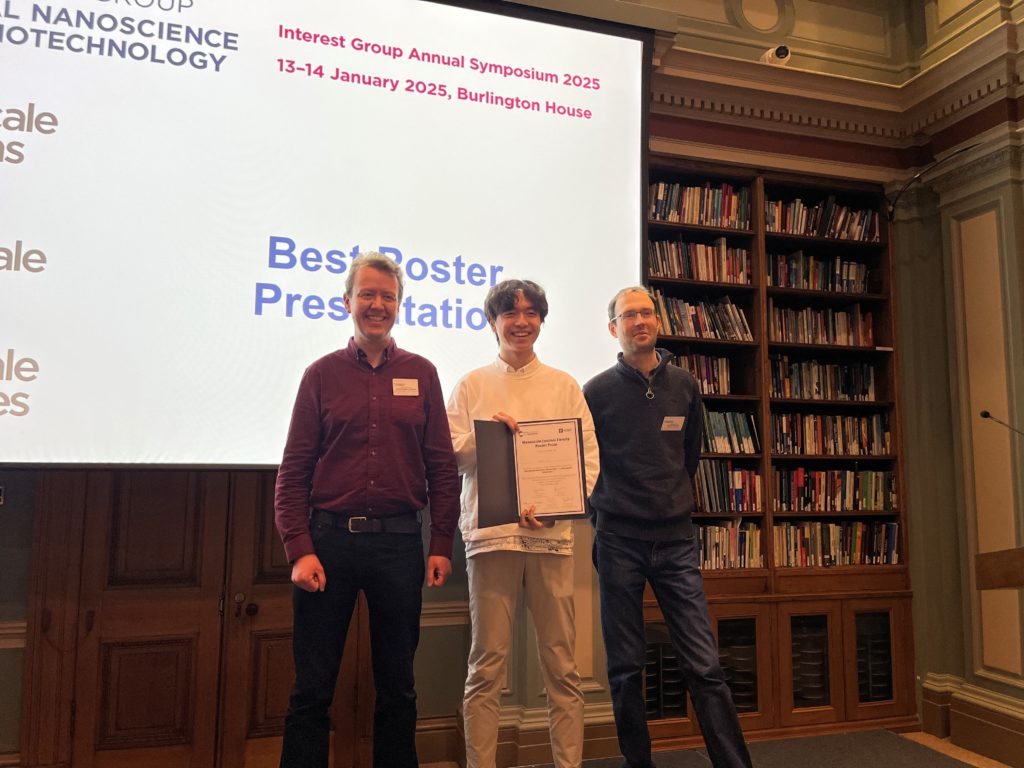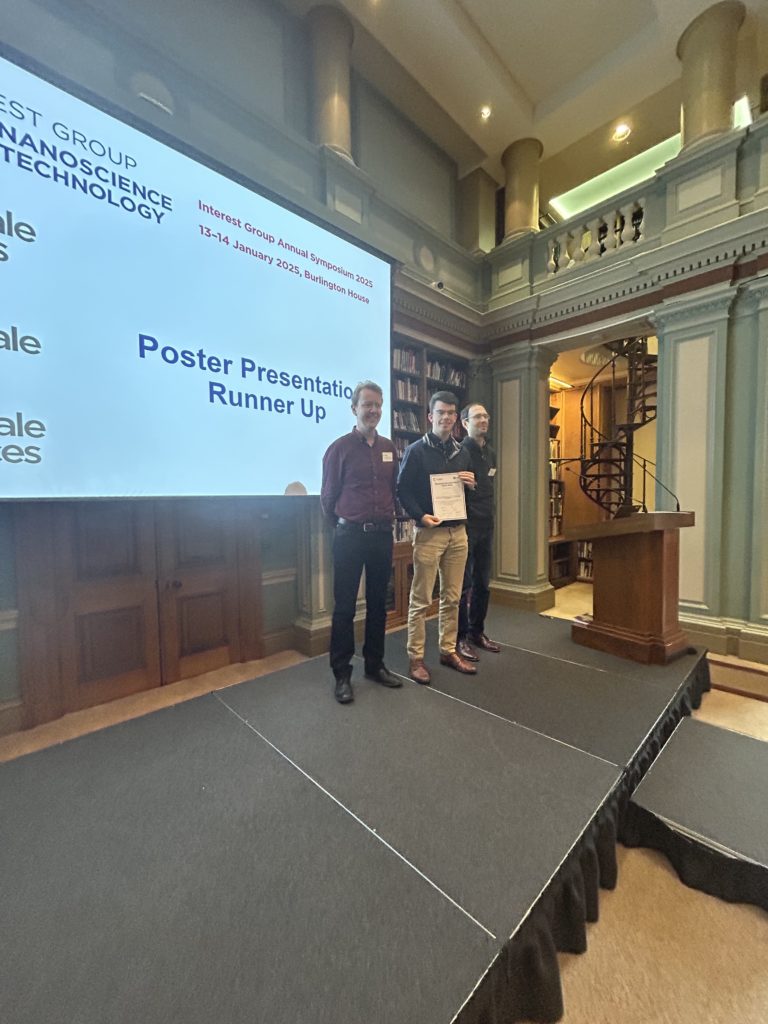Congratulations to the poster prize winners at the 3rd International Conference on Nanotechnologies & Bionanoscience
The 3rd International conference on Nanotechnologies and BioNanoScience (NanoBio 2025) – aims to capitalize on the rapid growing and interconnected fields of Nanotechnology and Bioscience. The aim is to provide an interdisciplinary forum for scientists and engineers from academia and industry around the world, to discuss on the forefront of research and to address the emerging fields of Nanotechnologies and Nanosciences. The conference focuses on nano(bio)materials synthesis, innovative solar cells, nano(bio)photonics, optoelectronics, nano(bio)electronics tissue engineering, nanomedicine and safety of nanomaterials.
The main objective of the conference is to accommodate a wide range of interests and to facilitate interdisciplinary interaction in both academia and industry. The conference will also provide an ideal environment to develop new collaborations and provide opportunities to meet experts working on various areas of Nanotechnologies and Nanosciences.
This event is organised by the NanoBio and sponsored by RSC Nanoscale family(Nanoscale Horizons, Nanoscale and Nanoscale Advances) journals, Applied Interfaces and Journal of Materials Chemistry B.
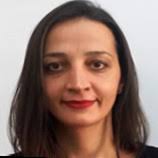 |
Valentina Dinca (National Institute for Lasers, Plasma, and Radiation Physics (NILPRP)
Poster Prize Winner
Dr. Valentina Dinca started her career at the National Institute for Lasers, Plasma, and Radiation Physics (NILPRP) in Măgurele, Romania, her work being centered at the intersection of laser physics, materials science, chemistry, biology and biomedical engineering. A core theme of her research is the use of advanced laser techniques, including Pulsed Laser Deposition (PLD), Matrix-Assisted Pulsed Laser Evaporation (MAPLE), and Laser-Induced Forward Transfer (LIFT), to engineer functional platforms designed as tailored biointerfaces to study and direct mammalian cell behavior, with direct applications in regenerative medicine. Her work provides valuable insights into the design of tailored biointerfaces, aiming to improve the outcomes of medical implants and diagnostic tools. Her driven research activity is reflected in more than 40 WoS®-indexed articles with impact factors published as main author, invited presentations, international awards, national projects, highlighting the ability to effectively utilize accumulated know-how gained over years of research within the framework of national and international inter-institutional collaborations. Overall, Dr. Dinca’s career is distinguished by her multidisciplinary approach, combining lasers, materials science, chemistry and biology to create practical healthcare solutions. |
 |
Andreas Parlanis (University of Crete)
Poster Prize Winner
Andreas is now pursuing a doctoral degree in the Department of Biology at the University of Crete. He obtained a Bachelor’s degree in Physics from the Department of Physics at the University of Crete and a Master’s degree in Biomedical Engineering from the Department of Mechanical Engineering at the University of Western Macedonia. For his Master’s thesis, he conducted research at Dr. Anthi Ranella’s lab (Laboratory for Tissue Engineering—Regenerative Medicine and Immunoengineering) at IESL-FORTH, focusing on the effect of topography on the process of mesenchymal stem cell osteogenic differentiation. In 2023, he became a member of Dr. Maria Farsari’s Nonlinear Lithography Research Group at IESL-FORTH. Currently, he is involved in the fabrication of 3D auxetic scaffolds at the microscale using nonlinear lithography. These scaffolds are intended for tissue engineering applications in the field of neuroregeneration
Interests:
-
Nonlinear lithography
-
3D auxetic scaffolds at the microscale
-
Tissue engineering
-
Stem cell mechanobiology
|
Christina Puijk (University College London)
Poster Prize Winner
Christina obtained her Master’s degree in Chemistry from Nottingham Trent University in 2018, where her research focused on the synthesis, characterisation, and application of nanoparticles. She went on to work in industry for several years, specialising in the continuous flow synthesis of nanomaterials for a variety of applications. Christina is now pursuing a PhD at University College London under the supervision of Dr Guido Bolognesi. Her research investigates microfluidic approaches for the characterisation and separation of colloidal particles in continuous flows by utilising the chemical energy stored in electrolyte solutions. The project combines elements of colloid and interface science, physical chemistry, and materials science for use in diagnostic applications.
Argiris Kolokithas Ntoukas (Czech Advanced Technology and Research Institute (CATRIN))
Poster Prize Winner
Argiris obtained his PhD from the Department of Materials Science from the University of Patras, Greece, in September 2021. He is currently working as postdoctoral researcher at the Czech Advanced Technology and Research Institute (CATRIN) (https://www.catrin.com/) at the BioMed group of Regional Centre of Advanced Technologies and Materials (RCPTM) in Olomouc, Czech Republic, under the supervision of Dr. Poláková Kateřina. His main research interests are the synthesis and functionalization of magnetic and plasmonic gold nanostructures (rods, hollow nanospheres), the optimization of their properties and their application as therapeutic nanoplatforms (nano-theranostics) with particular emphasis on drug delivery, imaging, magnetic hyperthermia and photothermia applications. He is currently working for the OPJAC project “Excellence in Regenerative Medicine, (ExRegMed)” which aims to the restoration of damaged tissues that cannot yet be treated, or whose regenerative capacity is limited.





















